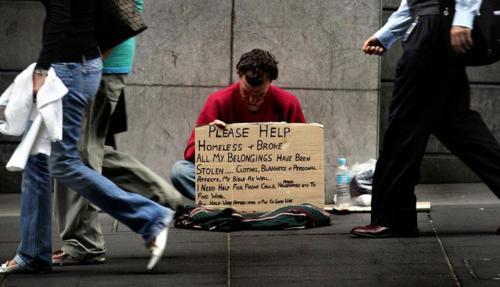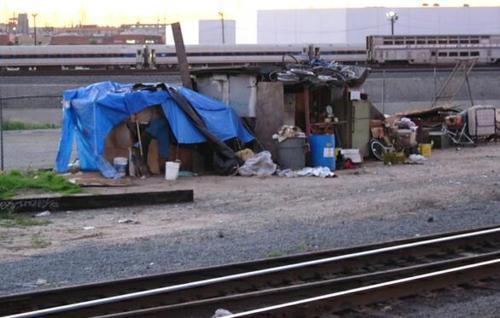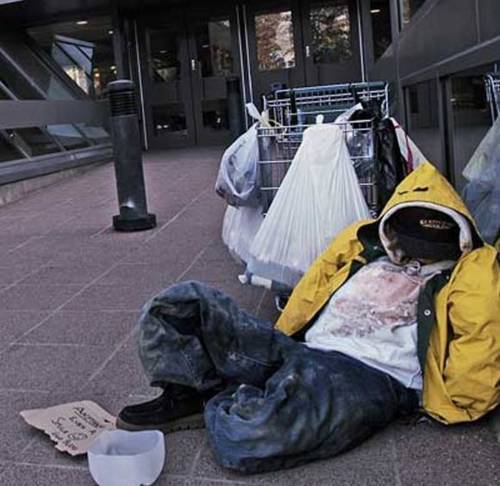A WORD TO BAGHDAD FROM AN AMERICAN TAX PAYER
A friend gave me a book called “The Ghost Map” by Steven Johnson which chronicles the cholera outbreak in London in 1854 and the efforts of two men, a physician and a local curate, to find the cause. It’s the sort of book that satisfies all kinds of interests, being at once a history, a biography and a mystery. Of greatest fascination to me was the face of poverty the book depicts. Johnson gives a detailed account of how people without a steady income earned their living in the 1800’s. Besides the rag and bone dealers, there were people who collected human waste to sell for compost; those who culled the Thames for dead bodies, hoping to find valuables on the corpses; those who climbed the garbage heaps looking for objects that might be resold. Today, the homeless prowl through recycling bins in search of aluminum cans – a strategy less perilous to life and limb than those of a century ago but an act of desperation, nonetheless.
Reuters recently reported the unemployment rate in the United States will grow throughout 2011 and possibly into 2012 (2/17/2011). The numbers projected don’t put a human face on the story, but we all have friends or relatives who are holding their breath, hoping they can pay the rent or next month’s mortgage. Even those who have jobs are worried they might lose them.

(photo/Wikispaces)
To compound the problem, governments — which serve as safety nets for those in need — are coping with deficits as well. Social programs are being eliminated which means the poor will be squeezed harder and some members of the middle class will join their ranks.
To add insult to this injury, another Reuters article reports the city of Baghdad is demanding an apology and 1 billion dollars from the United States because the blast walls the army erected to thwart insurgents have “changed this beautiful city to a camp in an ugly and destructive way which reflected deliberate carelessness about the simplest forms of taste” (2/17/2011).
The city fathers are probably right. No one looks to the army for standards of beauty. The expectation is ludicrous and my first response is to laugh. My second is to get angry.

(photo/Chris Sansenbach)
Whether or not one suspects our motives for starting the Iraq war, upholding “taste” was never an objective. Our soldiers believed they were sent to fight for a good cause not an aesthetic one. Many are returning home to live on the streets because our economy has no jobs for them. Meanwhile, the American tax payer continues to pour money into Iraq, not merely for bullets, but to stabilize that nation… one reason why we have a deficit. So sorry, Baghdad. Elegance will have to wait. Allowing our citizens to live on the streets isn’t in good taste either.

(photo/Wikispaces)